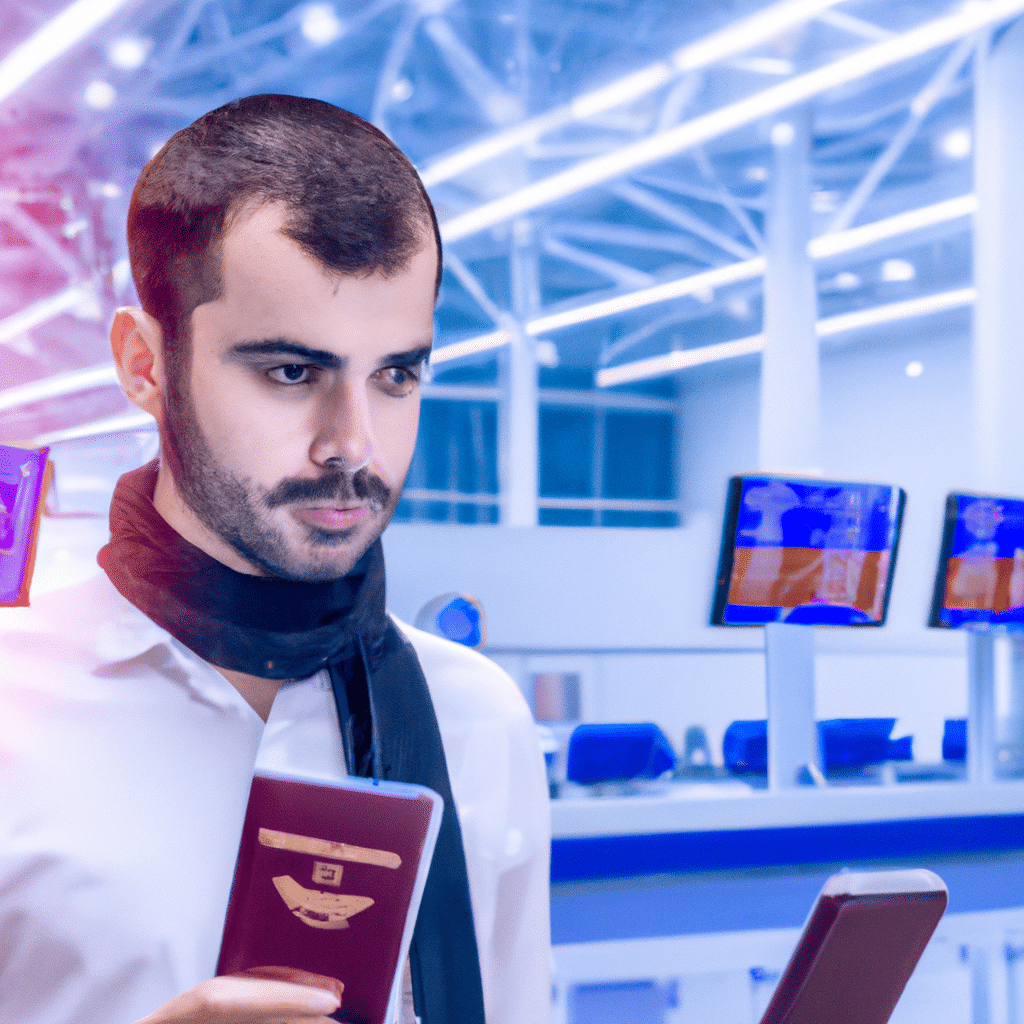The Impact of Computer Science on the Travel Industry
The travel industry has evolved rapidly over the past few decades, thanks to technological advancements. One such advancement that has had a significant impact on the industry is computer science. Today, computer science has transformed the way travelers search, book, and experience their trips. In this article, we’ll explore the impact of computer science on the travel industry.

The Role of Artificial Intelligence in Travel
Artificial Intelligence (AI) has made its way into the travel industry, revolutionizing the way travelers research and book trips. AI-powered chatbots have become increasingly popular, providing travelers with instant support and personalized recommendations. Chatbots can also help travelers with booking flights, hotels, and activities.
AI algorithms also enable travel companies to personalize their offerings based on a traveler’s past behavior, preferences, and interests. This means travelers receive more relevant recommendations and offers, enhancing their overall travel experience.
The Use of Big Data in Travel
Travel companies are harnessing Big Data to gain insights into traveler behavior, preferences, and trends. By analyzing large amounts of data, travel companies can better understand their customers and tailor their offerings accordingly.
Big Data has also enabled travel companies to optimize their pricing strategies. By analyzing data on consumer behavior, travel companies can adjust their prices in real-time, ensuring they remain competitive. This means travelers can benefit from lower prices and greater choice.
The Role of Virtual Reality in Travel
Virtual Reality (VR) has the potential to transform the way travelers experience their trips. VR technology can provide travelers with immersive experiences, allowing them to explore destinations and attractions before they even arrive.
VR technology can also be used to showcase hotels and accommodations, giving travelers a better understanding of what to expect before they book. This can help travelers make more informed decisions, enhancing their overall travel experience.
The Impact of Social Media on Travel
Social media platforms have become an essential part of the travel experience. Travelers use social media to research destinations, share their travel experiences, and connect with others. Travel companies have also embraced social media, using it to reach new audiences and engage with their customers.
Social media platforms also enable travel companies to leverage user-generated content, such as photos and reviews. This can help build trust and credibility with potential customers, increasing the likelihood of bookings.
The Future of Computer Science in Travel
is only set to increase. Advancements in AI, Big Data, VR, and other technologies will continue to transform the way travelers research, book, and experience their trips.
In the future, we can expect to see even more personalized and immersive travel experiences, thanks to computer science. Travel companies will continue to harness the power of technology to enhance the travel experience for their customers.
Conclusion
Computer science has had a significant impact on the travel industry, transforming the way travelers search, book, and experience their trips. AI-powered chatbots, Big Data analysis, VR technology, and social media platforms have all played a role in this transformation.
As technology continues to evolve, we can expect to see even more exciting developments in the travel industry. Travel companies that embrace computer science and leverage its power will be better positioned to deliver personalized and immersive travel experiences to their customers.












